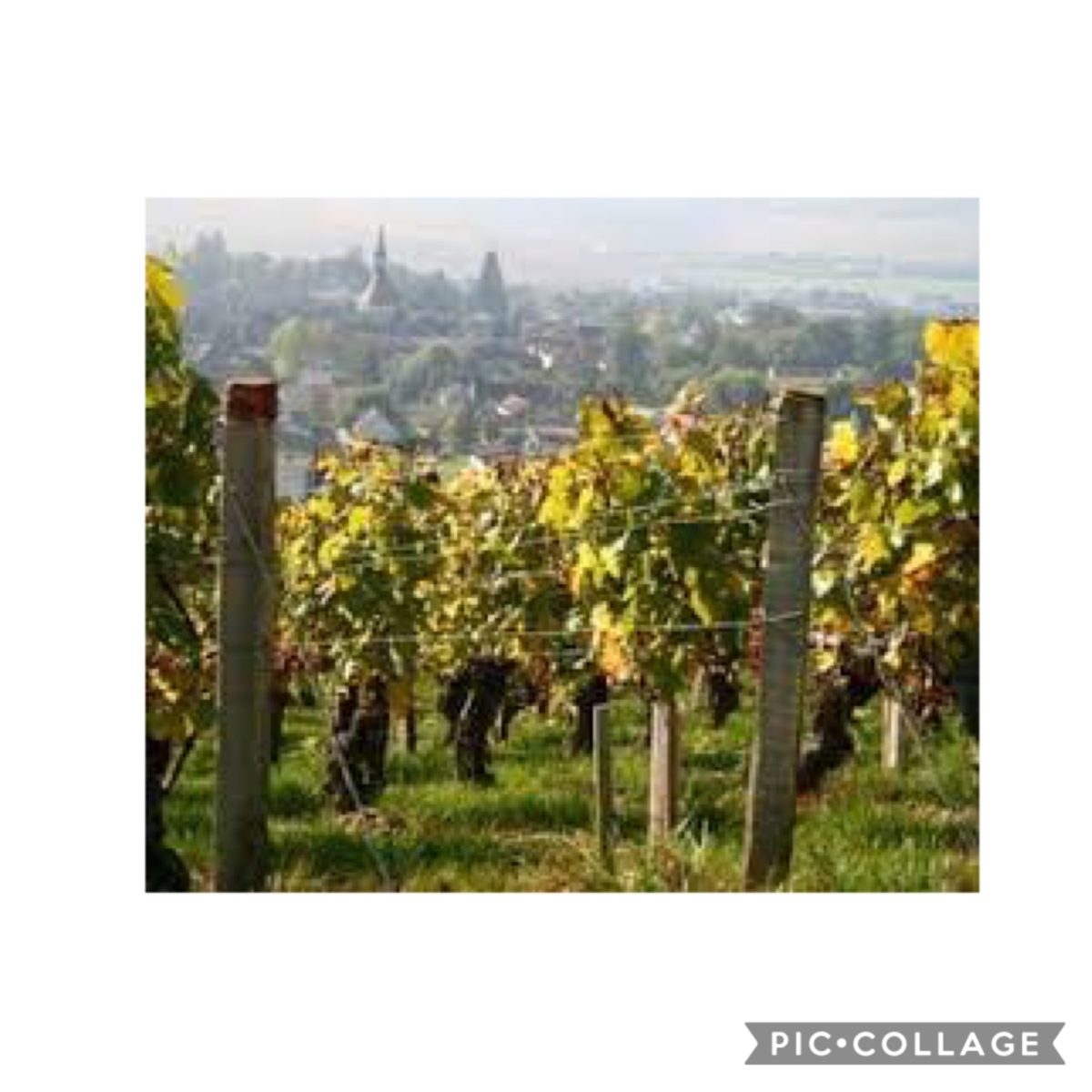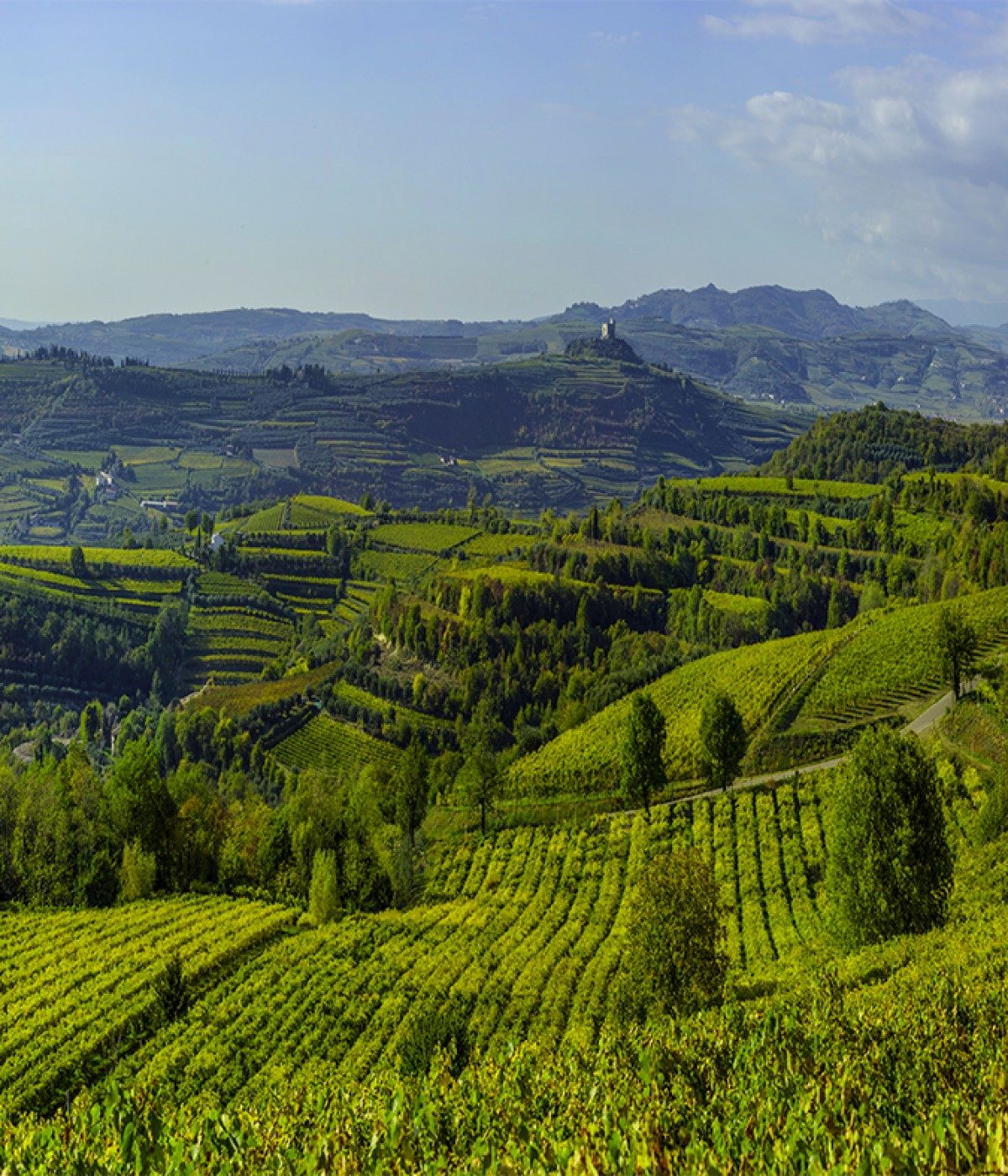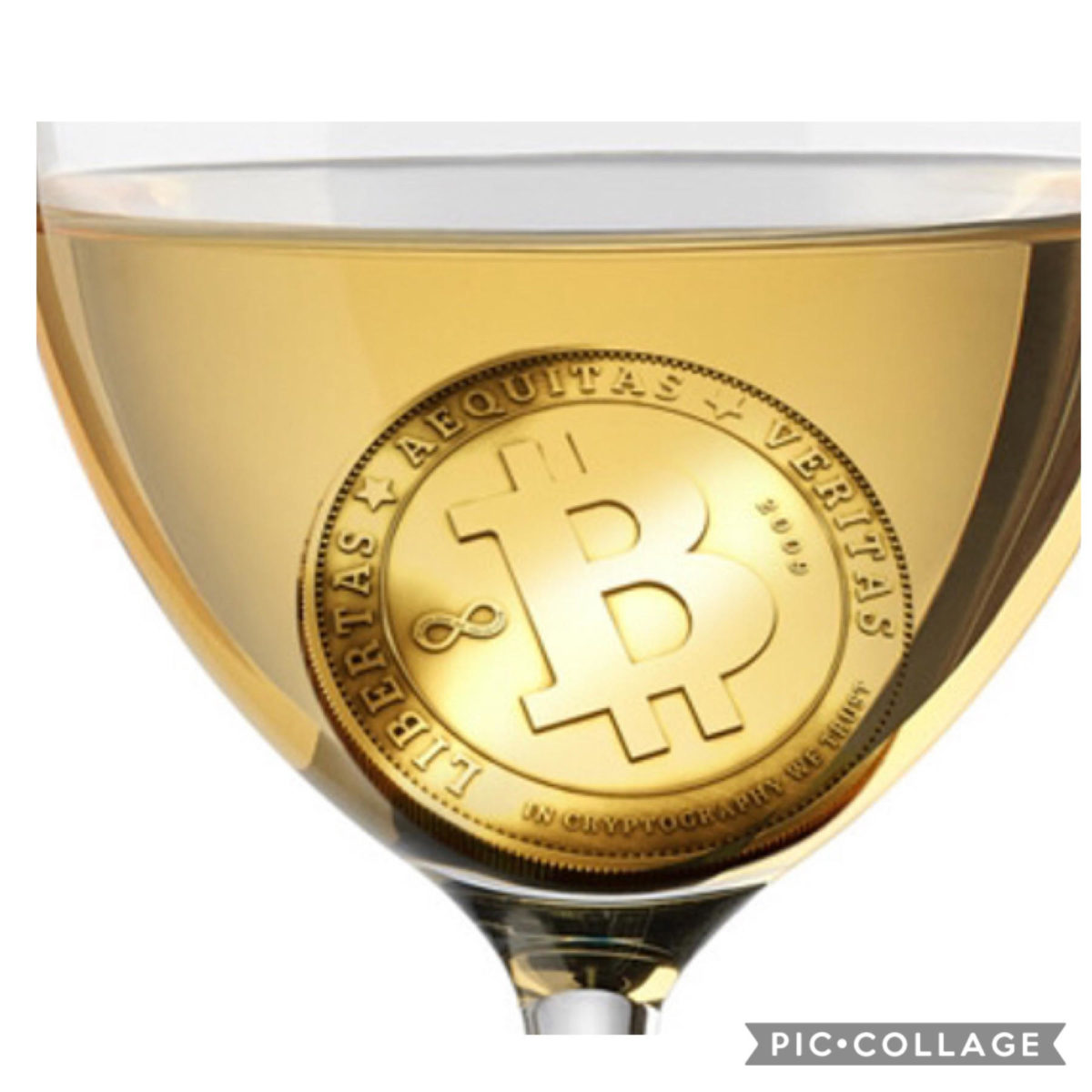The BIVB in Chablis has confirmed that the Chablis Winegrowers Union is to implement a new innovative methanation system that will recycle all by-products from the winemaking process. This is a breakthrough in the region’s move toward greater sustainability.
The £4.8m methanation facility is expected to be up and running by the fall of 2021. It follows a six-month study in Belgium to test the feasibility of the project using a ‘pilot’ system, with wine by-products brought over from Chablis to find the most efficient method of methanation.
Methanation is the conversion of carbon oxides and hydrogen to methane and water through hydrogenation. It can also be used as a means of producing a synthetic natural gas, and as a way to store energy produced from solar or wind power, which would allow it to serve as a potential carbon capture mechanism.
Last month the Union’s general assembly voted in favour of the project.
The methanisation processing area will be located in the south of Chablis where 700 winemakers, belonging to the Union, will be able to bring the by-products of their winemaking to be processed.
Grape pomace will be passed through a machine to separate any seeds, which research found unsuitable for the process. These will instead be set aside for alternative uses such as cosmetics.
The remaining wine pomace will then be placed in covered silos where the fermentation process begins; then finally into the methanisation machine.
The biogas (gasses) produced by the machine will be directly injected into the Gaz Réseau Distribution France (GRDF) circuits, the natural gas distribution network in France. The remaining product left in the machine will be sold as fertilizer.
Louis Moreau, president of the BIVB Chablis, said: “We are proud to be one of the first wine regions to put in place a methanation process of this kind and on this scale as well. Sustainability is a key focus for Chablis and the rest of Bourgogne so our winemakers are always looking at new innovations on both small and large scale projects.
“We believe the new system will be a success and with a younger generation of winemakers who have traveled the world for their studies and then come home to Chablis, we will work hand-in-hand with them to bring in new practices to protect the environment and our terroir.”
https://www.chablis-wines.com/what-is-the-bivb/what-is-the-bivb,1872,7709.html?





